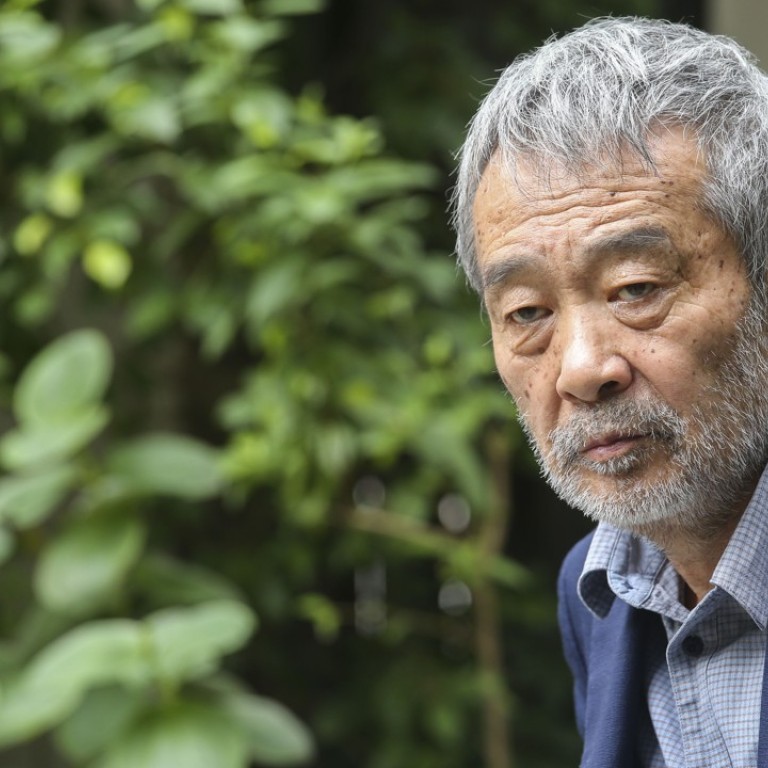
Why Chinese director Tian Zhuangzhuang’s The Horse Thief is a masterpiece of Fifth Generation filmmaking
As much a work of ethnography as storytelling, the film meditates on the brutal realities of life
Beautiful but brutally harsh, Tian Zhuangzhuang’s lesser seen The Horse Thief (1986) is one of the finest works of China’s Fifth Generation. The film builds on the abstract qualities of Tian’s previous work, On the Hunting Ground (1985), and emits a transcendental force that only the purest of films can provide.
Tian, whose career has long been hindered by the Chinese authorities, has made two more masterpieces since, Cultural Revolution drama The Blue Kite (1993) and the precise, delicate The Go Master (2006) but The Horse Thief remains his most pristine film – a work of true cinema freed from the constraints of the art form.
Chinese art-house filmmaker Tian Zhuangzhuang on why he really ‘can’t act’
Set on the barren Tibetan plateau, it is as much a work of ethnography as storytelling. Norbu (Rigzin Tseshang) leads a hardscrabble life among his clan with his wife and young son, making ends meet by stealing horses. The leader of the clan expels Norbu for his crimes, threatening to cut off his hands if he returns.
Norbu’s son dies, but his wife gives birth to another child. Norbu tries to give up his thievery, but the survival of the new child overrides all other concerns. There is drama, but it’s drama without the build-up and release of tension – big events come and go in the erratic manner of real life. The film is interspersed with Buddhist rituals, which further elucidate Norbu’s world view.
Tian stands slightly apart from Fifth Generation colleagues such as his childhood friend Chen Kaige, having been involved in the film industry before attending the Beijing Film Academy, when it reopened after the Cultural Revolution, in 1978. Tian’s actor father, Tian Fang, was the general manager of the Beijing Film Studio and his mother, Yu Lan, was a famous actress; both were persecuted during the Cultural Revolution, and Tian Zhuangzhuang was sent for “re-education” in the countryside, in Jilin province.
Tian joined the People’s Liberation Army and worked as an army photographer, and then a cinematographer for the Beijing Agricultural Film Studio. His experience as a photographer is evident in The Horse Thief, which features many wide, static shots and little camera movement, a creative decision that expresses the vastness of the landscape and man’s diminutive presence within it.
Life, rather than plotting, is what drives the film. According to his classmate at the Beijing Film Academy Xie Xiaojiang, Tian was aiming for “an on-the-spot realism where all meaning flows from the processes of life itself, with no need for dramatisation and embellishment. Meaning is right there in the original appearance and authentic movements of life.”
